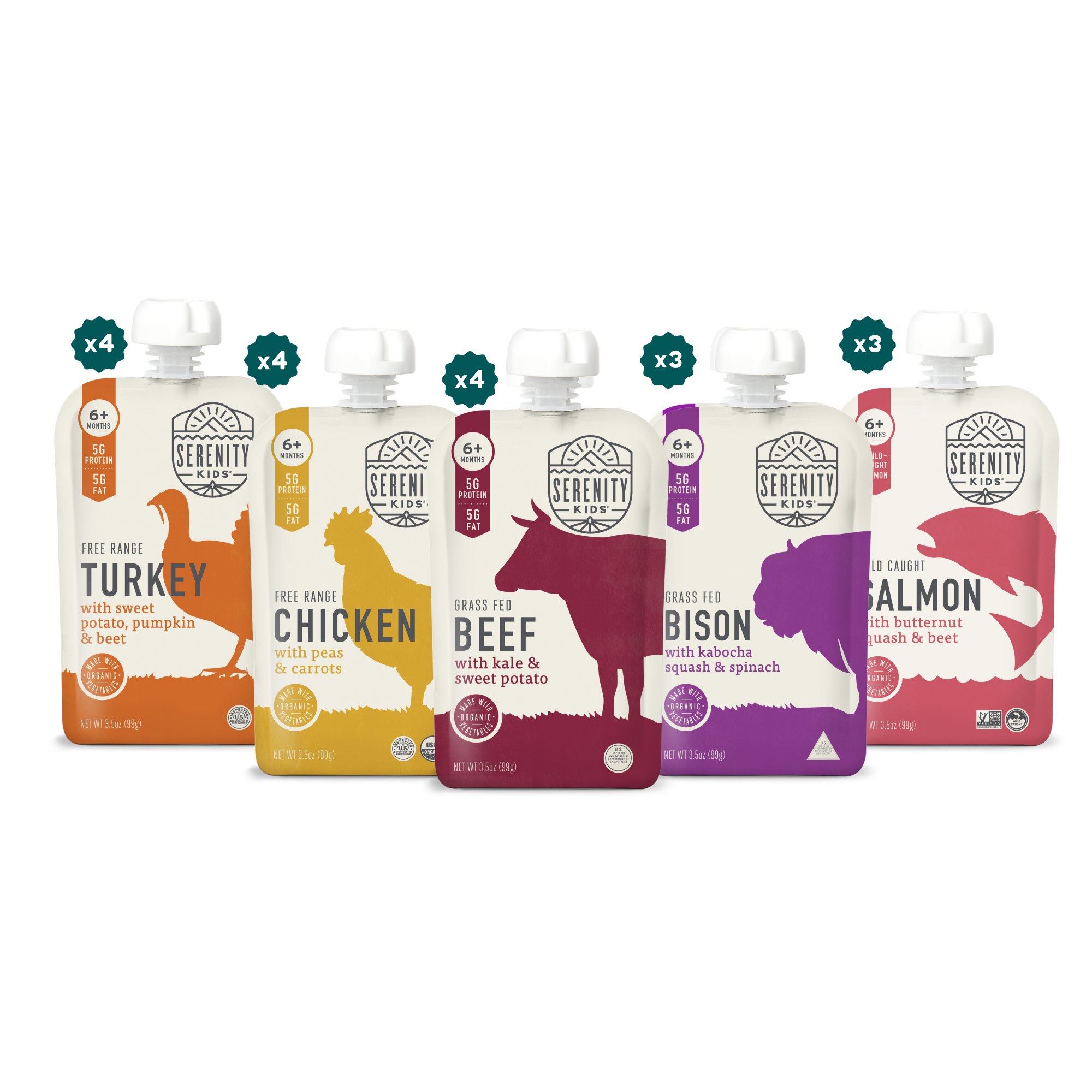TABLE OF CONTENTS
Written by Hillary Bennetts
August 25, 2022
Struggling with Breastfeeding? Here’s How to Find Lactation Support

I knew I needed help breastfeeding when nursing hurt so bad that I wanted to stop. I had been to a few La Leche League meetings when I was pregnant, and I knew there was a lot I still didn’t know about breastfeeding. But here’s the weird thing, I had a little hesitation about getting help.
Why? Maybe because there is this annoying notion that mom struggles are normal and necessary. There’s an unspoken sentiment that sacrificing yourself for your baby is a demonstration of love.
You’ve probably heard it too- that breastfeeding pain is inevitable, that showering is a luxury, and that peeing when you laugh is just the new normal. The way these things are talked about can make it seem like they are some sort of rite of passage. Like cracked nipples are some kind of badge of honor.
These struggles are not just #momlife. They may be common, but they’re not normal.
Moms deserve support, especially with something as foreign as nursing. But in those early sleep deprived days, finding support is ONE MORE THING on a new mama's already heaping plate.
This blog breaks down types of nursing help that are out there, so you can choose where to start. I hope it makes it easier for you to achieve your breastfeeding goals.
From one mama to another, I’m here to tell you, it’s okay to need and ask for help! It’s not always easy, but I try to remember that anything that helps mama ends up helping baby too.
Types of Lactation Support
First, let’s go over the different types of support you can seek - there are so many, and qualifications can get confusing!
1. International Board Certified Lactation Consultant (IBCLC)
IBCLCs are recognized as the gold standard credential for professionals who work with breastfeeding mothers. They specialize in the clinical management of breastfeeding and perform professional comprehensive clinical lactation consultations, assessing difficulties that a mother and baby may experience.
2. Certified Lactation Counselor (CLC)
The Certified Lactation Counselor credential identifies a specialist in lactation counseling who has completed a minimum of 45 hours of training and successfully passed a criterion-referenced examination. CLCs can provide safe, evidence-based breastfeeding management and are often also employed as doulas, nurses, social workers, and midwives.
3. Certified Lactation Specialist (CLS)
A CLS has taken a 5-day course and obtained a certification to be used as a stepping stone to the IBCLC credential.
4. Certified Lactation Educator (CLE)
CLEs educate, counsel, and support families and the community by providing evidence-based information about breastfeeding. Certified Lactation Educators have completed a 20-hour breastfeeding training course and passed a final examination.
5. Breastfeeding Counselor (CBC)
Certified Breastfeeding Counselors have completed a mentored online training course and have provided 30 hours of breastfeeding support.
6. Lactation Educator Counselor (LEC)
Lactation Educator Counselors typically work as health professionals and have chosen to complete 5 days of on-site or online education and training and pass periodic testing.
7. WIC Breastfeeding Peer Counselor
WIC Peer Counselors are women who have at least 6 months of personal experience with breastfeeding and have received 20 hours of on-site training to provide mothers with breastfeeding information and support.
8. La Leche League Leader (LLLL)
The La Leche League is an international nonprofit group that advocates for breastfeeding support. There are thousands of local chapters that hold meetings to provide free breastfeeding information and support. A La Leche League Leader has breastfed her baby for at least 9 months and offers practical information and encouragement.
9. Breastfeeding USA Counselor
Breastfeeding USA Counselors have breastfed for at least 1 year and have completed a comprehensive training course to provide evidence-based breastfeeding information and support to breastfeeding mothers.
How to Find Lactation Support
Now that you know who does what, here’s how to find support.
1. US Lactation Consultant Association
Search the official database of IBCLCs to find one in your area. Each IBCLC has a profile on the site with more information, and you can take your research a step further by searching their business name for their website and reviews to learn more.
2. Local La Leche League chapter
Similarly, La Leche League has an online directory that will help you locate your local chapter. Each chapter hosts free meetings and shares tons of additional free resources.
3. Ask for a personal reference
What’s better than a personal recommendation from somebody you trust!? Ask your friends and mom groups for recommendations on who they worked with and what their experience was like.
4. Check your health insurance
Some health insurance providers have a preferred list or an internal team of lactation consultants. The big bonus here - they’re often covered by your insurance.
5. Check with your hospital, birth center, or provider
Many hospitals, birth centers, and even OB or midwife offices facilitate their own lactation groups or circles. These are often free and staffed by lactation consultants. You can also chat with other mamas who might be experiencing similar challenges. The downside is that they are typically scheduled at an established time weekly, and that time may not be the best for you.
6. Reach out to a Breastfeeding USA
Free one-on-one support exists for a reason. Because mamas want to support other mamas. Mamas know it takes a village, and Breastfeeding USA counselors have taken extra steps to be your village. Call the Breastfeeding USA support line at 612-293-6622 and one of their counselors will call you back within 24 hours.
I couldn't have done it without support
For me, I had a lactation consultant from the hospital come to the house when Della was 2 weeks old. I also went to a few La Leche League meetings both before and after she was born. Then at around 4-months, I used a different lactation consultant who helped make a plan to have baby’s lip tie revised. I feel super grateful for all those women who helped me out. Without them, we would have stopped our nursing journey much earlier.
You Might Also Like
· 1 min read · Recipes
· 7 min read · Education














































